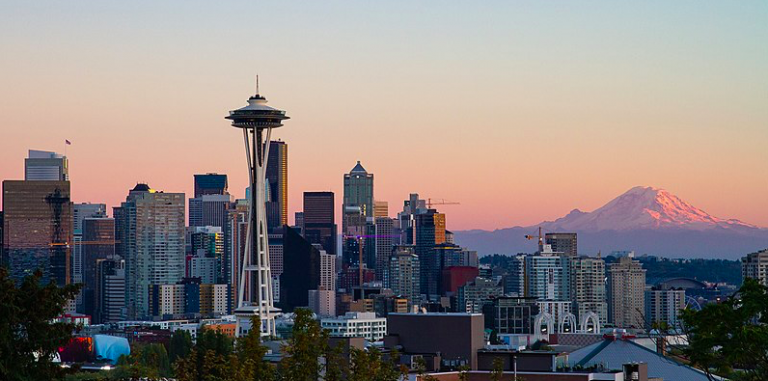Published on July 7, 2020

In early March 2020, Andrea Kahn (Synthesis Lab Director for SLU Urban Futures and former SLU Landscape Facilitator) met Thaisa Way, Facilitator for Urban@UW, to discuss the origins, actors, actions and impacts of the platform.
Like SLU Landscape, Urban@UW is a network of researchers and practitioners engaging in different collaborative projects and initiatives across multiple campuses of the same university. Further, like SLU’s future platform SLU Urban Futures, Urban@UW works with scholars, policymakers, and community stakeholders to develop cross-disciplinary and cross-sector collaborative research to strengthen connections between research and solutions to today’s urban challenges.
With an established record of successful engagement in collaborative projects and initiatives across multiple campuses of the same university, Professor Way offers valuable insights for SLU, among them:
Platforms help universities synergize resources in ways that separate organizational structures (departments, programs, and faculties) cannot:
“Urban@UW has been able to mobilize faculty and coalesce interests in ways that siloed departments didn’t allow. I think the greatest impact that Urban@UW has, which probably will never be fully recognized, is we began to question the very structure of the university. We started to say, actually, we could have a greater impact as a public university by working together than by building all of our silos.”
Platforms are critical “knowledge creation” infrastructures that facilitate and synergize inter- and trans-disciplinary research, and that infrastructural work takes time, effort, and funding:
“Sometimes the best thing I can do, my most important work, is to give logistical support. That makes the difference between a group being functional or not … funding the infrastructure of Urban@UW should be high priority.”
Building a more sustainable urban future matters to everyone, not just urban dwellers or so-called urban researchers:
“…urban is not a silo. It’s not a school. It’s not a discipline per se. It’s really a membrane that goes over the university, and a porous membrane, because like the city, people – faculty, students — are going to move in and out of it.”
The full interview with Professor Thaisa Way will be published on a new “Urban web of SLU”, which SLU Urban Futures plans to launch in the autumn/winter of 2020.
Originally published by the Swedish University of Agricultural Sciences (SLU).